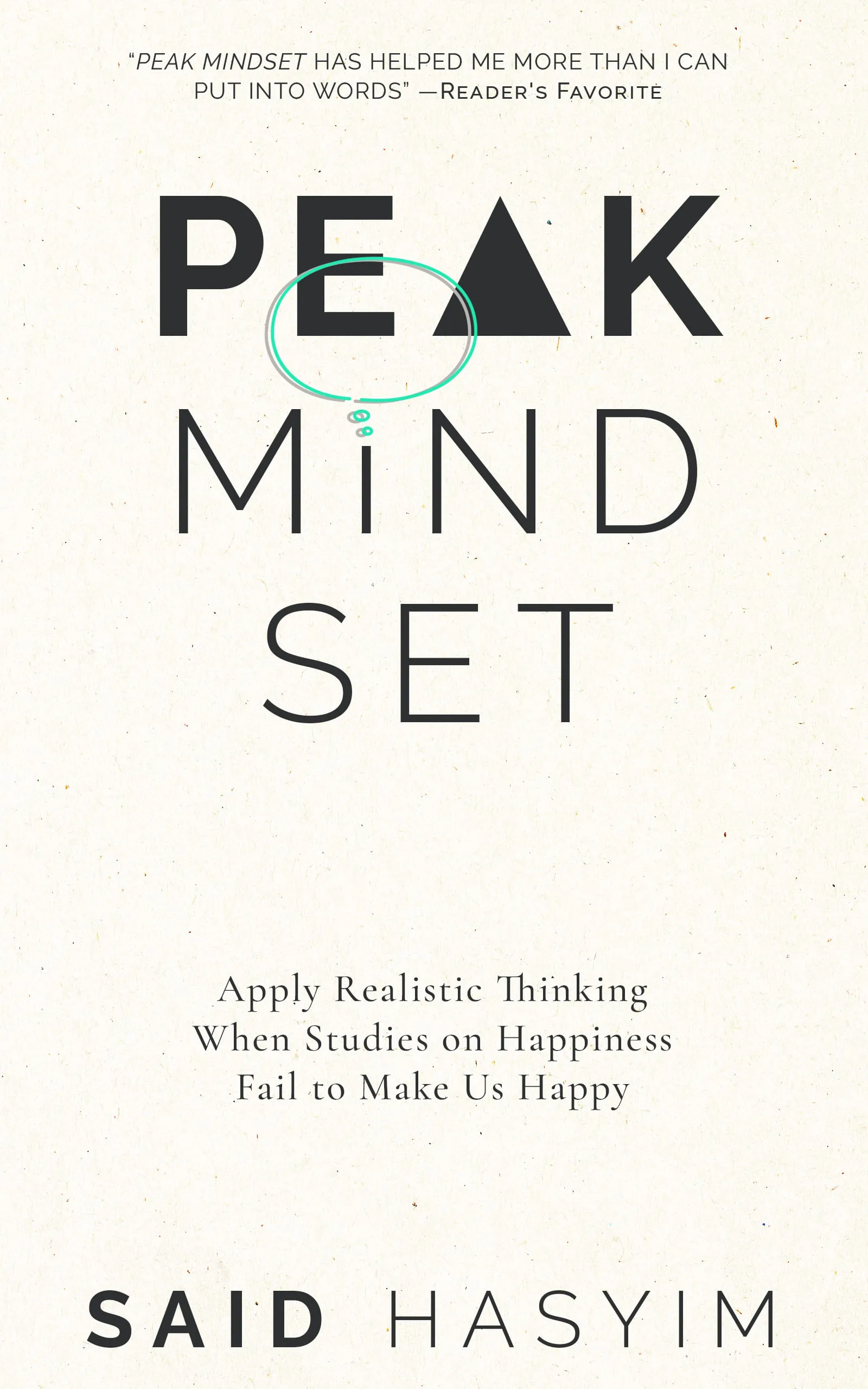Practical Philosophy of Realistic Happiness
Happiness has long been a subject of fascination for philosophers, psychologists, and everyday individuals alike. Although it is often portrayed as an elusive goal—a bubbling fountain of joy that is just out of reach—it doesn’t have to be that way. In recent years, there has been a growing interest in what I like to call the Practical Philosophy of Realistic Happiness. This approach emphasizes attainable well-being and contentment, clearly recognizing life's complexities and imperfections. In this blog post, we will explore this philosophy, discuss key principles, and offer actionable steps to cultivate a more realistic sense of happiness in your life.
Understanding Realistic Happiness
Realistic happiness is not about the pursuit of constant joy or an idealistic view of life. Rather, it recognizes that happiness is multi-faceted and can exist alongside a variety of emotions, including sadness, frustration, and anxiety. Here are some key aspects of this understanding:
Acceptance of Imperfection: Life is a whirlwind of experiences, including struggle and adversity. Accepting that perfection is unattainable allows you to embrace challenges without being overly burdened by unrealistic expectations.
Emotional Range: Realistic happiness acknowledges that a full life includes a spectrum of emotions. Experiencing lows does not negate our capacity for joy. By learning to navigate these emotional landscapes, we can enrich our overall experience of life.
Mindfulness: Practicing mindfulness involves being present and fully engaged with the moment. It is about observing your thoughts and feelings without judgment, which can lead to a deeper understanding of what happiness means for you personally.
Connection: Human connections play a crucial role in our sense of happiness. Understanding that realistic happiness can be significantly nurtured through meaningful relationships highlights the importance of community and connection.
Gratitude: The practice of gratitude helps to shift focus from what is lacking in our lives to what we appreciate and value. By recognizing the positives amidst the challenges, we can cultivate a more balanced perspective.
Key Principles of the Practical Philosophy of Realistic Happiness
1. Embrace Your Story
Each person's life story is uniquely theirs, with its highs and lows, joys and sorrows. Embracing your narrative means acknowledging your experiences, learning from them, and using them to inform your understanding of happiness. Here are a few ways to do this:
Reflect on Past Experiences: Take time to consider significant moments in your life—the triumphs and tribulations. What lessons did you learn? How have these experiences shaped your values and outlook on happiness?
Journal: Writing can be a powerful tool for reflection. Consider keeping a journal where you document not only the good moments but also the challenges you face. Over time, you may find patterns in your thoughts and feelings that can aid your understanding of happiness.
2. Set Realistic Goals
Rather than aiming for an abstract notion of success—like extreme wealth or perpetual happiness—it is vital to set achievable, meaningful goals that align with your values.
SMART Goals: Use the SMART criteria (Specific, Measurable, Achievable, Relevant, Time-bound) to define what you want to achieve, be it career objectives, personal health, or relationship aspirations.
Short-Term vs. Long-Term: Balance your aspirations by incorporating both short-term and long-term goals. Short-term milestones can help you gain momentum while working toward larger dreams.
3. Cultivate Resilience
Life's unpredictability means setbacks will occur, and how we respond to these challenges plays a significant role in our ability to cultivate happiness.
Develop Coping Strategies: Identify ways to manage stress, which can include mindfulness, talking to friends, or engaging in physical activity. Having a toolbox of coping strategies can help you navigate difficult times.
Celebrate Small Wins: Build resilience by recognizing and celebrating small achievements. This practice can help you cultivate a sense of progress and reinforce your belief in your capacity to overcome challenges.
4. Foster Genuine Connections
As social beings, our connections significantly influence our happiness. Building genuine relationships helps to foster a sense of belonging and fulfillment.
Prioritize Quality Over Quantity: Focus on the deeper connections in your life rather than the number of acquaintances you have. Invest time in nurturing these relationships, as they tend to provide more lasting joy.
Share Experiences: Engage in activities that bring you joy alongside friends or loved ones. Shared experiences can deepen bonds and create fond memories, which serve as reservoirs of happiness during tough times.
5. Practice Self-Compassion
Finally, embracing self-compassion can dramatically shift your perspective on happiness. This involves treating yourself with the same kindness, concern, and support that you would offer to a friend.
Reframe Your Inner Critic: Instead of berating yourself during tough times, practice self-forgiveness and understanding. Challenge negative self-talk by addressing it with compassion.
Accept Flaws and Mistakes: Recognize that everyone makes mistakes and that this is part of being human. Accepting your imperfections helps release the pressure to be ‘perfect’ all the time.
Conclusion
The Practical Philosophy of Realistic Happiness invites us to approach our lives with a grounded understanding of what happiness means—not as an unattainable ideal, but as a continuous journey filled with varying experiences. By embracing our stories, setting realistic goals, building genuine connections, nurturing resilience, and practicing self-compassion, we can foster a deeper, more enduring sense of well-being that acknowledges life's complexities.
As we navigate our unique paths, let us hold space for joy amid the struggles, fostering a life that celebrates realistic happiness in all its forms.
Leverage Your Mindset for a Fulfilling Life
Explore Peak Mindset, a book to leveraging your subconscious for a more fulfilling life. Gain insights into realistic thinking, money management, and stress resilience to make informed decisions. Discover pitfalls in conventional happiness advice and practical strategies for self-transformation. Unlock your potential and enhance your overall satisfaction.
